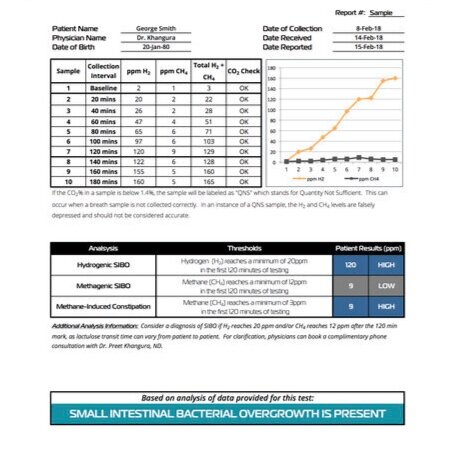Regular bowels are an important sign of good health. Our bowels are a primary function of elimination and detox. When this is backed up, we start to use secondary organs of elimination such as your skin, or lungs...which is not ideal. ⠀
Do you suffer from constipation? Check out the bristol stool chart if you haven't seen it before. Constipation could mean daily hard to pass stool, or not going for several days. ⠀
Why are you constipated?
There could be an imbalance of bacteria in your gut, aka SIBO, or yeast overgrowth.
You could have stagnation of bile from the liver/gallbladder, which is very important to stimulate bowels. ⠀
You could have a low fibre diet (but this gets quite complicated for those who have experienced constipation for awhile - due to point #1 typically). ⠀
You are not stimulating movement of bowels by moving your whole body. Exercise and twists are key here. ⠀
You are STRESSED! If our body is stressed our muscles tighten, including our digestive tract.
What moves our bowels?
1. Get into a routine - We detox during the night for the most part, since our body is at rest, so the morning is when the cycle should be completed, aka a bowel movement. If you wake at the same time each morning, after a good night sleep, your body should start getting into a rhythm and you shouldn’t need extra support. Try it!
2. Try extra support - Try a mug of warm water with lemon. It helps to stimulate liver detox and the warm water gets your intestines warmed up (like a warm up before a big run). Your morning coffee may do the trick as well since it is bitter. Bitters stimulate stomach acid, enzymes and bile secretion, all essential for proper digestion and bowels.
3. Exercise and twist - The simple twist I’m doing above is one way to stimulate the bowels. It’s like wringing out a towel and moves things through. Exercise gets lymph moving, helpful for detox.
4. Hydration - The bowels absorb water to bulk up the stool. This then creates a signal to stimulate a bowel movement. Hydrate with lots of water throughout the day (ideally not ice water, and not just during meals!)
5. Get rid of bad bacteria - Methanobacteria are among those typically high with constipation. Bifido bacteria tend to be low with constipation. These are only 2 patterns I see in practice as it depends on the individual. We ultimately need to eliminate an overgrowth with antimicrobial herbs and a specific diet, then increase the beneficial bugs with supplements or food.
6. Stimulate bile flow - Bile is crucial for proper bowel stimulation. If it is trickling out too often and irritating bowels it can cause diarrhea, and if it is stagnant in the gallbladder (or liver if you don’t have a gallbladder) constipation tends to happen. Simple diet hacks, fibre, cholagogue herbs, and nutrients such as lecithin, and phosphatidylcholine all help to stimulate bile. Cholagogue herbs include milk thistle, burdock, dandelion or artichoke.
7. Relax - I know this is easier said that done but this is key! Deep belly breathing goes a long way to stimulate the vagus nerve ultimately stimulating your bowels.
Questions about constipation? Let me know!
In health & happiness,
Dr. Karen







